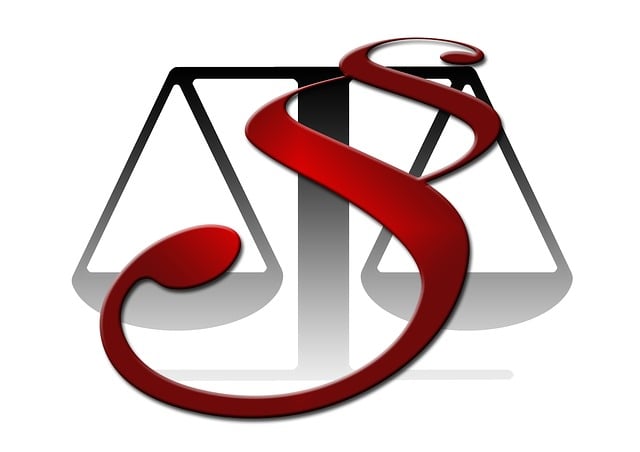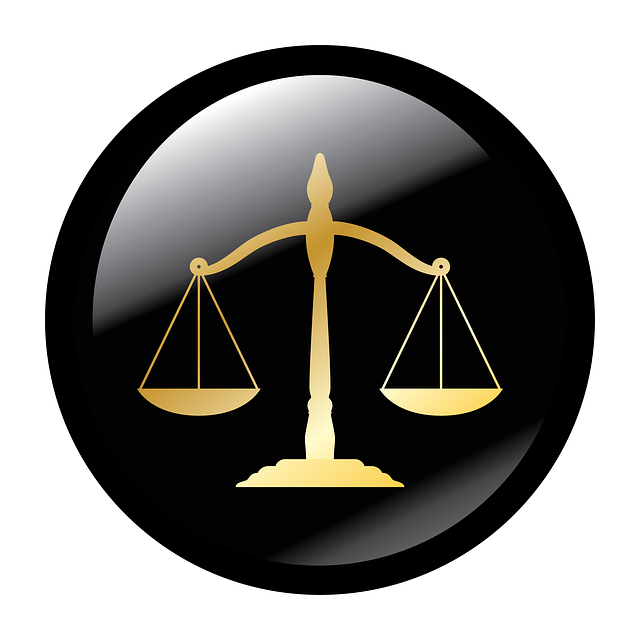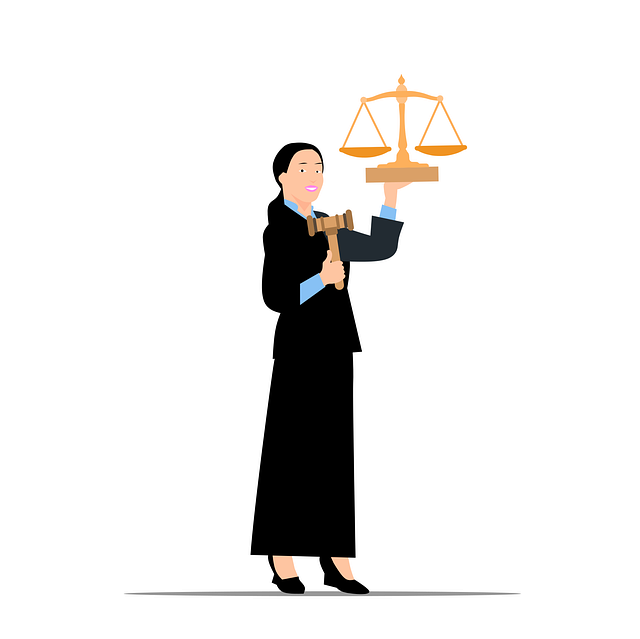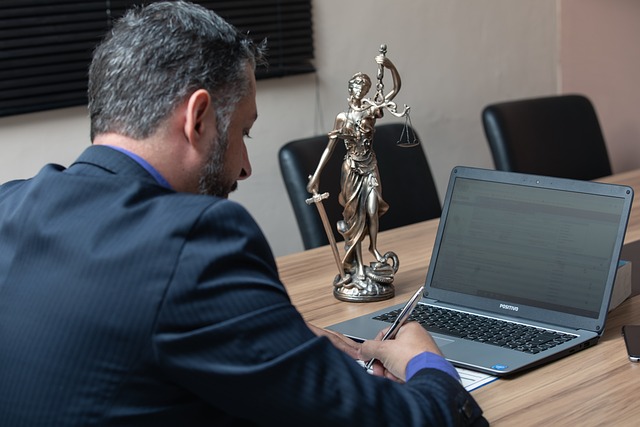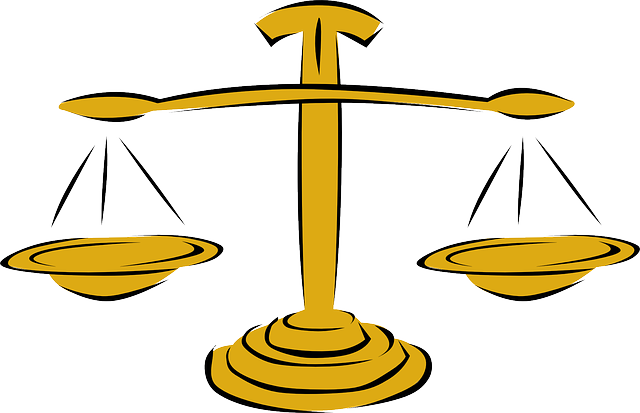Understanding your rights and gathering evidence are crucial first steps in navigating the complex criminal justice system. Building a defense strategy involves analyzing evidence, understanding charges, filing motions, and assessing witness credibility. Effective communication between lawyers and clients is key, ensuring a shared understanding of case details and strategic planning. This approach empowers individuals to protect their interests and ensure fairness within the legal framework.
Navigating the complex landscape of the criminal justice system can be daunting. Expertise is crucial for ensuring your rights are protected and a robust defense strategy is developed. This article guides you through understanding your entitlements within the criminal justice system, building a strong defense strategy with key components, and fostering effective communication and collaboration for optimal outcomes. Discover how these steps empower you to navigate proceedings with confidence and expertise.
- Understanding Your Rights Within the Criminal Justice System
- Building a Strong Defense Strategy: Key Components
- Effective Communication and Collaboration for Optimal Outcomes
Understanding Your Rights Within the Criminal Justice System

Navigating the criminal justice system can be a daunting task, especially for those new to it. Understanding your rights is a crucial first step in this process. As soon as someone is accused of a crime, they are entitled to specific protections guaranteed by law. These include the right to remain silent, the right to an attorney, and the presumption of innocence—meaning that the burden of proof lies with the prosecution.
Knowing these rights empowers individuals to participate actively in their defense. It allows them to make informed decisions, communicate effectively with legal representatives, and navigate interactions with law enforcement and court officials. By familiarizing themselves with the mechanics of the criminal justice system, individuals can better protect their interests and ensure a fair process throughout the proceedings.
Building a Strong Defense Strategy: Key Components

Building a robust defense strategy is paramount in navigating the intricate landscape of the criminal justice system. The first step involves gathering and analyzing all relevant evidence, including witness statements, forensic reports, and any potential alibis. This meticulous process requires attorneys to scrutinize every detail, ensuring no stone is left unturned. Effective case preparation also entails understanding the specific charges and their associated penalties, allowing lawyers to construct a defense that challenges the prosecution’s case while adhering to legal parameters.
Moreover, successful navigation of criminal proceedings demands a deep understanding of procedural rules and laws. Lawyers must be adept at filing motions, navigating pretrial hearings, and presenting compelling arguments before the judge and jury. A well-crafted defense strategy should also incorporate an assessment of potential witness credibility, strategic use of expert testimony, and a plan to counter the prosecution’s narrative. These components collectively form the backbone of a strong defense, increasing the chances of a favorable outcome within the criminal justice system.
Effective Communication and Collaboration for Optimal Outcomes

Effective communication is a cornerstone of successful criminal defense. Lawyers and clients must work together as a team, sharing information openly and honestly. This collaboration ensures that every aspect of the case is thoroughly understood and addressed. By maintaining clear lines of communication, defense attorneys can gather crucial details from their clients, interpret complex legal jargon in understandable terms, and provide strategic guidance tailored to individual needs.
In navigating the intricate criminal justice system, this partnership becomes even more vital. Complex laws, procedures, and potential consequences demand a deep understanding. Effective communication fosters trust and allows for the exchange of insights, leading to informed decision-making. Collaborating closely, the defense team can construct robust arguments, anticipate prosecution moves, and ultimately secure the best possible outcome for their client within the legal framework.

